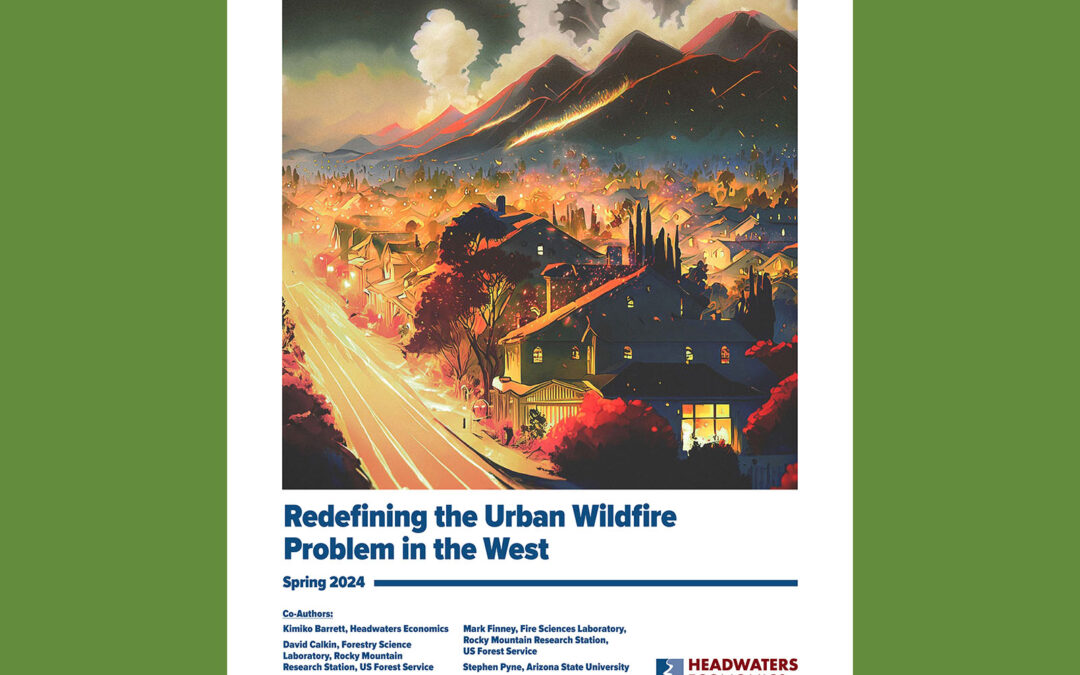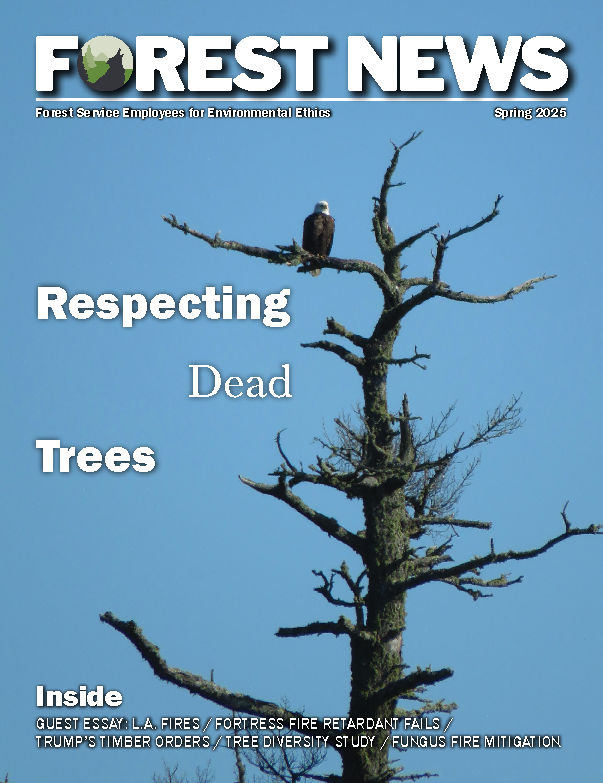A recent report published by Headwaters Economics addresses the increasing risks to communities in wildfire-prone areas. The authors characterize current efforts to control wildfire as “ineffective” and “costly.”
Fundamentally, the current paradigm is “inconsistent” with the scientific consensus that fire is “a sustaining ecological factor in fire-adapted ecosystems” — i.e., the American West.
Given the necessity of fire for ecosystem health, the authors call for acknowledgment that wildland fire is “ecologically appropriate and inevitable.” In other words, the solution to the wildfire problem requires “much more fire and increased short-term risk.”
To reduce wildfire risk at the scale needed to protect communities, the authors recommend planning and regulatory actions, including updated building codes that incorporate Firewise design.
Three of the report’s six coauthors are Forest Service scientists. Their conclusions highlight the gap between the expertise of Forest Service researchers and the funding priorities of Agriculture Department bureaucrats.


